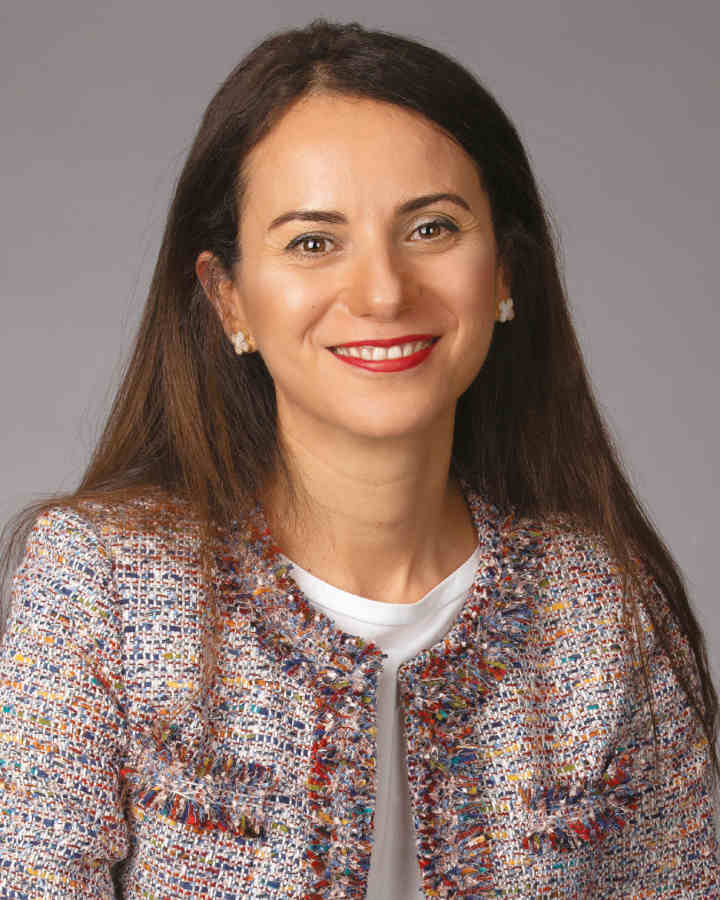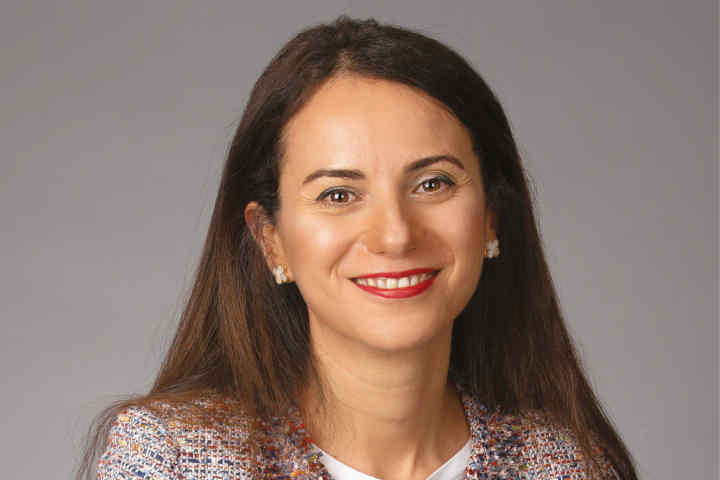Business Powerhouse
Charitha Subasinghe | Managing the Retail Industry during Uncertain Times
With over two decades of experience spanning across multiple industries, an Associate Member of the Chartered Institute of Management Accountants (ACMA-UK) and President of John Keells Retail, Charitha Subasinghe, takes us behind the scenes of rebranding Keells super that took the nation by storm and talks about how the prevailing pandemic has impacted those in the retail sector.

The
latest rebranding of the Keells super retail outlets was recognized with a Silver Award at the Melbourne Design Awards in 2018. What were the reason behind it and the process that you followed with regards to the rebranding?
We wanted to be relevant for the consumer of tomorrow. We started by understanding what their expectations from a retailer and main concerns were. We learned that today’s Sri Lankan consumer was a lot more informed. They have experienced so much outside international brands, so there was a lot of aspiration and expectation from their side.
There were also health and safety concerns in regards to what they consumed. One of their issues was, if they are eating the right stuff and about the use of pesticides in their food. A lot of tension points were there. So what we looked at, in the relevance of the brand for the future, was how we’re going to deliver according to their aspirations and handle their main tension points as well.

In that context, I think it was more than a change in the colour of the brand and the logo itself. We went about rebranding by re-looking at our business model as well. We asked ourselves how we are going to be relevant to that consumer in terms of the product, the place, and the people—and then looked at how we’re going to deliver that. So it transformed our business model. What you see finally, that green logo and everything else is purely one element of that entire roadmap. There was a lot of work that was done in the background. It has worked well for us; we are today ranked as the 7th most valuable brand in the country.
Keells was the first retail outlet to launch an online shopping platform and home delivery system. What do you expect to do on that aspect as we continue to get through and recover from the effects of this pandemic?
The new normal that we’re going to have will be a lot more different from pre-covid, and there’ll be a significant digital play in every aspect. There will even be a hybrid type of working arrangement—because if a business can operate in this situation, working from home can become a permanent feature going forward. Such changes would happen in the shopping experience as well. Delivery and eCommerce will play a significant role in the retail industry. That is a given.

The eCommerce business would’ve been absolutely minimal pre-covid and you’ll now find that there is a humungous leap in that department. After each lockdown, there’s another set of customers who migrate towards eCommerce. That evolution will continue. Therefore we’ll continue to invest to get it right for the consumer.
Even today, we haven’t got it a hundred percent right. I’d say there’s still room for a consumer to feel extremely confident about getting what they ordered at the right time, in the right quantity and quality, to their home. Accomplishing that will give us a very credible omnichannel operation. There’s still a lot of work that needs to be done.
Price increases are a top concern that consumers have. As a Retailer could you comment on what is causing it and would price controls be the way to handle it?
I see a significant amount of price changes from the manufacturers so it’s not a myth there is a price increase. We did an evaluation of all the products that we sell on the shelf and about thirty percent of the items can be produced without any imported raw materials. There’s another thirty-five percent that needs some element of imported raw material to produce it, and then there’s another thirty-five percent of completely imported products. I’m sure that last group must be the shortage for a consumer’s today.
Watch the full interview here
One of the biggest challenges globally has been inflation. There are a few reasons as to why this has happened; the disruption in the logistics operation, lockdowns in certain countries leading to production issues, the freight costs which have increased six or seven folds, and then the ports not functioning. In addition to that, Sri Lanka has its own foreign exchange issues and import restrictions.
It’s expected this price increase will continue into 2022. My view is that people would opt to not produce something if they’re not making money; it could be counterproductive that way. I feel the price control could be a negative factor in the long term because if people opt not to produce more, there is going to be a scarcity, and scarcity will only further increase prices.
We know that the pandemic has greatly affected Sri Lanka’s economic climate; how does this impact the supply chain in the future?
I would think the consumption patterns are going to be notably different. As I mentioned, the consumer of today has evolved and is looking for something more. That is what is going to get impacted by the restrictions and any other disruptions in the import.
However, there are opportunities for Sri Lankan producers today, because there’s a void of certain products. If a producer can produce something to wholly satisfy that consumer’s demand—by having a view for the future instead of holding the consumer hostage to it in fear of losing them eventually after the new norm is formed—then there’ll be a market even in the new norm. It can even propel into an export business or something more.
In uncertain times what are the financial impacts to the Sri Lankan Retail Industry and what should be the medium-term priorities to manage it?
One of the biggest challenges for the retailer is that we have a very high fixed cost. It’s a high-turnover thin-margin business, so we need to have the volumes because even at a twenty to thirty percent drop in sales there’s a huge impact on our bottom line. That has been one of the biggest issues we retailers have had during full month lockdowns. We end up with significant losses.
We’ve tried to overcome that by looking at a few concepts. For instance, each time before committing to a coastline, we check whether it gives us ROI. Having a view of our cash outflow before committing helps us take control.
Another element is what we call the better-simpler-cheaper concept, where we examine every cost line in our business. Cost-cutting isn’t the word because it becomes a bad term that implies just cutting costs and ending up with dissatisfied consumers. However, trying to retain the consumers’ experience while examining each element and developing different views on how to manage it has worked for us.
It’s common knowledge that a lot of consumers gravitate toward Keells because of the value you offer and the ease with which purchases can be made. In terms of what has happened during the slowdown, would you do anything different or would you keep going as you already are?
We will have to do something significantly different. I think we have to look at it from a consumer’s angle, where their main concern is going to be affordability. So getting price affordability right is going to be a predominant goal. In that respect, another tool in our armory is the private label. A private label is a house brand, one that belongs to the retailer and is used significantly across the globe as well. Our house brand is Keells. We’re priced about ten percent cheaper than a national brand. The quality is the same, but we don’t need to spend on advertising and other marketing distribution cost, therefore we’re able to pass on that benefit to the consumer.

Over the last twelve months, we have increased our portfolio of house brands so that there will be a consistent price benefit that our consumers continue to get. So providing affordability using different tools is something that we will continuously work on to help consumers during a difficult period.
Business Intelligence has somewhat threatened traditional accounting roles in producing management information. What are the transformation methods you have adopted to improve the efficiency of accounting operations for a retail outlet?
For us to take control of how much we spend, what we spend it on, and adopt the better-simpler-cheaper concept, we needed a very high level of business intelligence-driven by numbers. Any business which had that insight was able to take action much faster.
We are more attuned to management accounting than financial accounting, and that is something that has helped in running this business. Data analytics is something that each organization should look at. It is the way forward and should be used rigorously. That’s how we have used our management accounting and it has benefited us. That’s what I would recommend for the other organizations as well.













